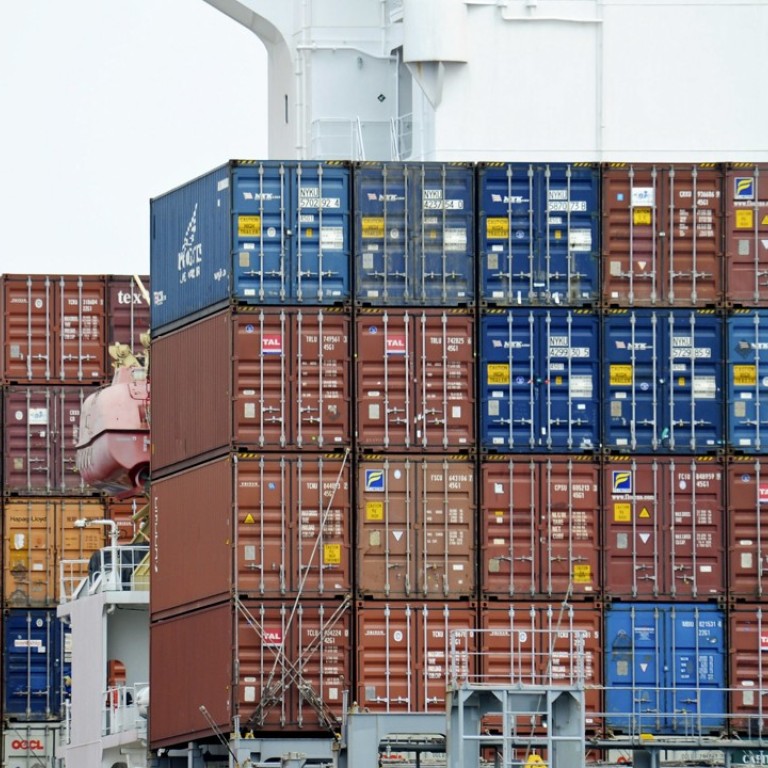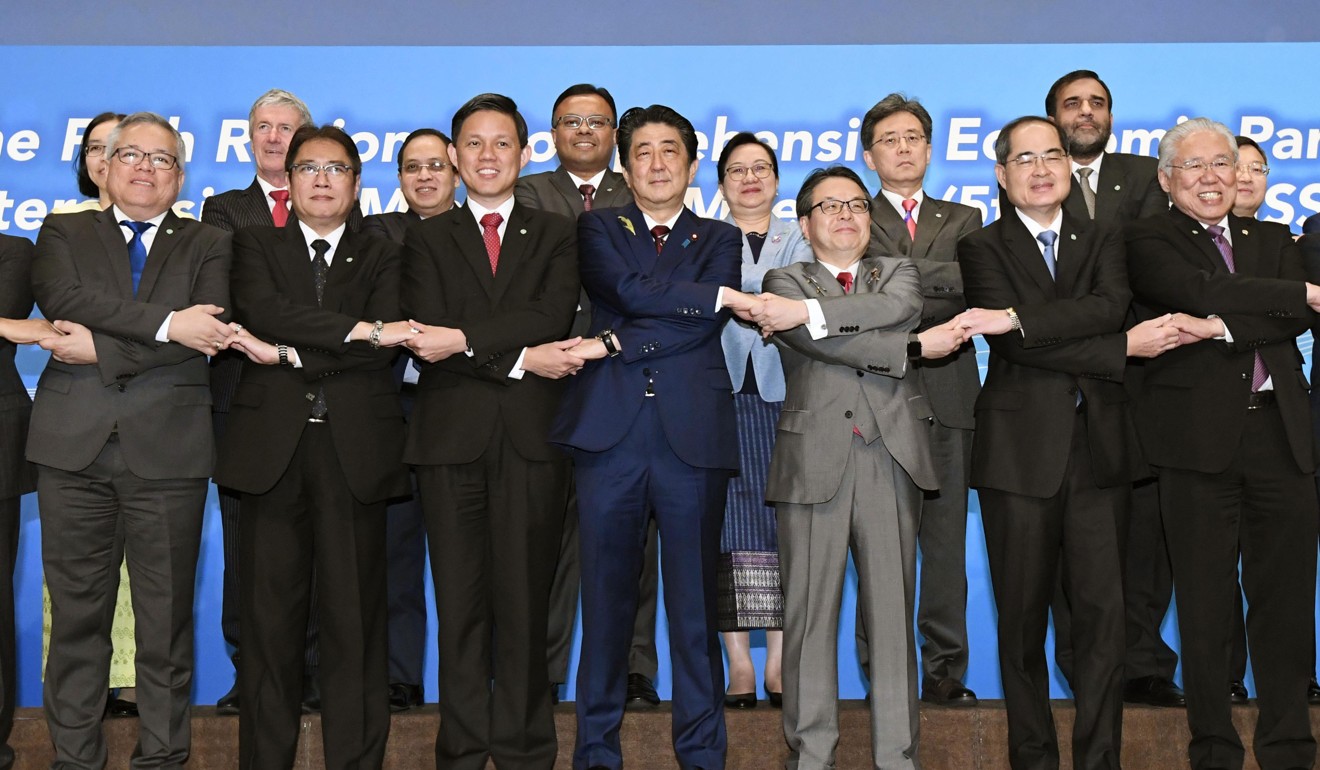
US-China tensions make Asian free-trade deal ‘a priority’
Talks on the Regional Comprehensive Economic Partnership take on renewed urgency in the wake of Trump’s protectionism, says Malaysia’s top trade negotiator
Youth exchanges could mean China, Malaysia will ‘always be close’
Since Trump pulled the US out of the TPP, that pact has been watered down and rename the Comprehensive and Progressive Agreement for Trans-Pacific Partnership (CPTPP).
Norazman said the RCEP was now the top priority.
RCEP, with Beijing’s involvement, was previously viewed as a direct challenge to the TPP – which excludes China.

The RCEP includes the 10 Association of Southeast Asian Nations (Asean) nations as well as China, India, Japan, South Korea, New Zealand and Australia.
Highlights from the China Conference:
While negotiations are ongoing, Norazman said “the conflict between the US and China has provided an impetus [for] an early conclusion of RCEP”.
Trade ministers of the 16 countries are to meet this weekend in Singapore for a fresh round of high level talks after negotiations this week by their chief negotiators.
Why the US trade war against China is bound to fail
Norazman, who is deputy secretary general of the Ministry of International Trade and Industry, is Malaysia’s chief negotiator for the RCEP.
He said there were sticking points among participants such as India, but with economies feeling the pain of the US-China trade dispute, the free-trade deal had been thrust to the top of the agenda of many countries.
“Malaysia would strongly urge that the Belt and Road Initiative enhance further cooperation programmes in technical and production capacity-building for transfer of technology and knowledge among the nations involved,” Norazman said.


